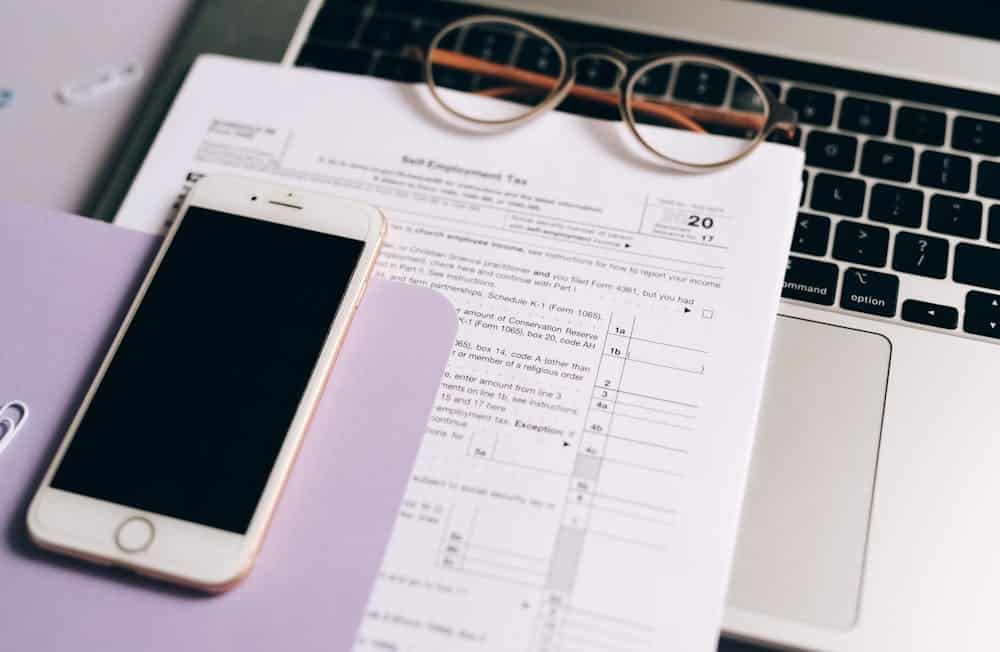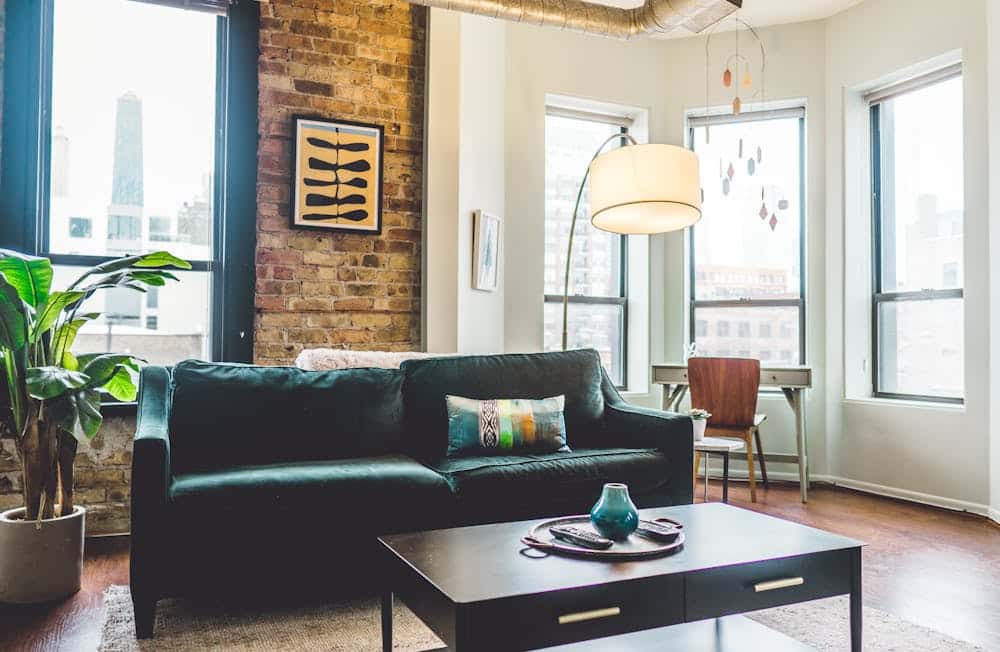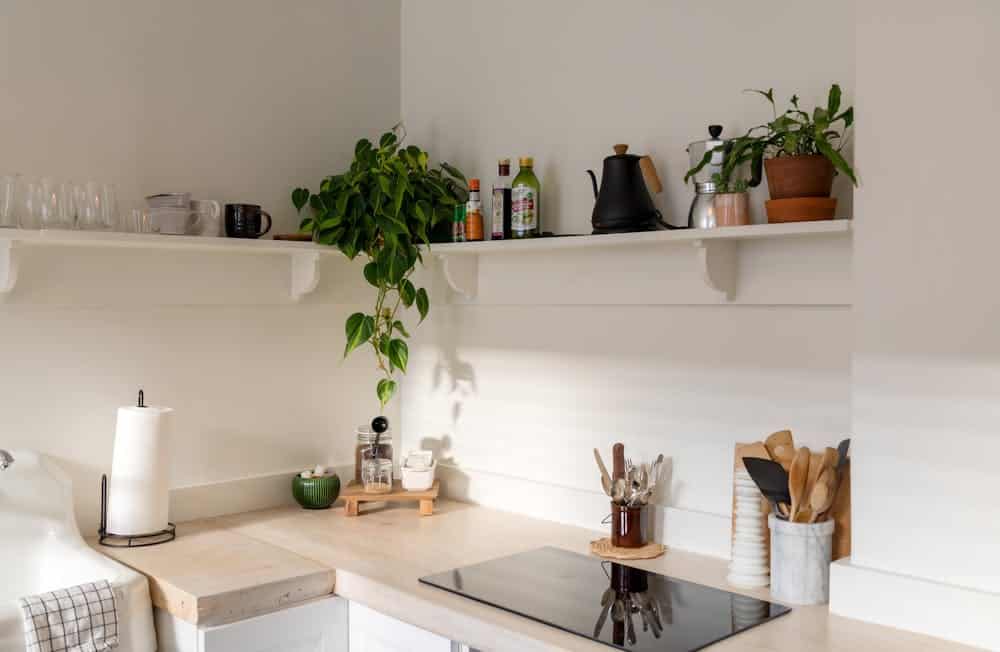Thinking of starting to host on Airbnb? Before you dive in, know that Airbnb hosting constitutes a legitimate business—and you should approach it as such.
Starting an Airbnb business isn’t as simple as taking some pictures of your property and listing them on Airbnb. The process takes significant effort and time, requiring you to do deep research into the Airbnb market, navigate complex regulations and taxes, and prepare your property with care to attract guests.
Here, we’ll outline how to start an Airbnb business, including eight straightforward steps to help set you up for success.
Disclaimer: Lodgify is an Airbnb Preferred Software Partner. This guide, including any claims or statements within, is solely from Lodgify and is not endorsed by, directly affiliated with, authorized, or sponsored by Airbnb in any way.
Don’t see the form to download our Airbnb business plan? Click here.
How to start an Airbnb business: 8 steps
1. Research, research, research
Before you even consider starting an Airbnb business, you need to do the research to 1) see if it’s even viable and 2) lay the foundation for your business plan. Look specifically at:
- Potential locations: If you don’t already own the property you want to rent out, and aren’t tied to a certain area, consider which areas will provide the best return on investment. Check out our blog on The US’s Best Short-Term Rental Markets if you need help.
- Property prices: How much do properties cost in the location(s) you’re considering? Is there a low barrier to entry?
- Financing options: Do you qualify for financing options to cover the amount of the loan?
- Demand and ROI: Does vacation rental demand in the area justify starting an Airbnb? Think about the ROI your business will provide.
- Competitors in the area: Once you’ve found a potential location, visit the Airbnb site to check out competitors in the area. Note their property types, nightly rates, amenities, target customers, and any missed opportunities you can incorporate into your rental.
You’ll get into all of these matters in much more detail when you craft your business plan. But before you even get to that point, you need to have a general idea of your plan and know that it’s feasible.

2. Check the rules and regulations
Checking the rules and regulations in the area in which you plan to start your Airbnb rental business is technically part of the initial research you should do. But this is important enough to warrant its own callout.
With vacation rental rules and regulations on the rise across the country, failing to look into this could set your business up for failure. So, look into the local laws and determine if vacation rentals are prohibited, heavily regulated, limited by a maximum cap, fined, or anything else. Regulations don’t necessarily mean you won’t be able to move forward, but they may present additional hoops to jump though.
There may be additional regulations outside of local laws to check as well. For example, if you already own a property, you’ll need the approval of both your mortgage provider and your homeowners’ association (if you have one).
3. Create a business plan
A thorough and well-researched business plan will be absolutely crucial to the success of your Airbnb business. So, don’t skimp on this step and be sure to include all of the following elements in your business plan:
- Executive summary
- Company overview
- Industry analysis
- Customer analysis
- Competitive analysis
- Operations plan
- Marketing plan
- Distribution plan
- Pricing strategy
- Financial plan
Need help with this step? Scroll to the bottom of the article to download our Airbnb business plan template!

4. Create a legal entity
You’ll want to create a legal entity before listing on Airbnb. Most Airbnb owners opt for a limited liability company (LLC), which will enable you to:
- Open a business bank account (and separate your business and personal finances).
- Save money on taxes.
- Protect your personal assets and finances in the case that a customer sues you.
- Maintain your privacy from predatory customers.
How to start an Airbnb LLC
The process to set up an LLC for your Airbnb varies by state, so we recommend consulting a local financial advisor or attorney. However, you can start by reading up on your state’s requirements and preparing the following required information and documentation:
- Your business name
- The registered agents
- Operating agreement
- Articles of the Organization (found on your Secretary of State website)
- Business licenses and permits
- Statement of Information form
- Local licenses and registrations
- IRS federal tax forms 1065 and 8832 and local tax forms
5. Prepare for taxes
Like you would with any business, you’ll need to pay taxes on the income you make through Airbnb. How much you owe will vary by state, as will how you must pay. Airbnb may collect occupancy tax and sales tax automatically, or you may be responsible for paying yourself.
Additionally, many of your expenses will be deductible, ranging from cleaning and maintenance to insurance costs.
To set yourself up for success, make sure to meticulously track your expenses and income. We also recommend working with an accountant or tax specialist (and preferably one who specializes in Airbnb businesses).

6. Purchase insurance
Airbnb provides two types of protection for its host at no additional cost: Airbnb Host Protection Insurance and Airbnb Host Guarantee:
- Airbnb Host Protection Insurance provides liability protection for up to $1 million USD (only applicable to claims that occur in Airbnb listings while a guest is using the property).
- Airbnb Host Guarantee provides damage protection for up to $1,000,000 USD.
However, most Airbnb hosts choose to take out additional insurance coverage to protect themselves more thoroughly. In addition to homeowner’s insurance, you should look into:
- Vacation rental insurance, including additional liability and damage protection
- Business income insurance to cover times when you can’t rent out your Airbnb (for example, due to property damage)
- Worker’s compensation insurance (if you plan on hiring employees)
Be sure to take out these insurance policies in your business’s name and not your own!
7. Prepare your Airbnb for guests
Now comes the fun part: getting your space Airbnb-ready! Remember that your goal should be to make your space functional, comfortable, and attractive to your target guests. This may involve:
- Sprucing up the property if necessary
- Implementing any necessary safety measures
- Furnishing your space
- Stocking up on Airbnb amenities
- Decorating to create visual appeal
- Installing smart locks, a lockbox, or a keypad for self check-in
While you can start with the basics to get up and running, remember: Airbnbs that go above and beyond with their interior decor, amenities, and other offerings are more likely to stand out from the competition.

8. List your property
Finally, you’re ready to list your property on Airbnb! A few final tasks will get you there:
- Take professional photos that highlight your Airbnb’s amenities.
- Come up with a catchy title for your listing.
- Write a listing description that’s both engaging and descriptive and appeals to your target guests.
- Optimize your listing for SEO.
Once you hit “publish,” you should be ready to start accepting guests!
Pro tip: You’ve already done all this work to start your Airbnb business. Make your efforts (and visibility) go even further by listing your vacation rental on other sites like Airbnb, such as Vrbo and Booking.com! Lodgify’s channel manager makes it easy to manage all your listings from one central platform.
How much does it cost to start an Airbnb business?
ProjectionHub, a provider of financial projection templates, estimates the average cost to start an Airbnb business to be $6,000 (assuming you already own the property). They reviewed various sources to come up with the following figures:
- Minimum startup cost: $3,900
- Average startup cost: $6,000
- Maximum startup cost: $30,000
Some of the expenses that go into your Airbnb startup cost include:
- Furniture, amenities, and decor
- Utilities
- Cleaning and maintenance
- Insurance
- Business licenses, taxes, and other fees

How much does an Airbnb owner make?
The typical Airbnb host earned an average of $14,000 in 2023 according to Airbnb. However, for most Airbnb hosts, hosting offers supplemental income and isn’t their primary occupation.
But whether your Airbnb rental business is a full- or part-time job, your earning potential comes down to:
- How often you rent out your Airbnb
- How much you charge per night
In other words, to earn more on Airbnb, you need to try to maximize both your bookings and your average daily rates (ADR). To do that, focus on creating an attractive and comfortable space and managing your Airbnb adeptly, from check-in to check-out. All of these efforts will go toward earning you positive guest reviews (and thus more bookings and higher ADR).
In any case, it’s best to be conservative with your earning expectations as you get started. You can adjust your expectations and your pricing strategy as your Airbnb business gains traction.
How to start an Airbnb business: additional FAQs
Is owning an Airbnb profitable?
Absolutely! The typical Airbnb host earned an average of $14,000 in 2023 according to Airbnb, which can serve as a great source of supplemental income. What’s more, the vacation rental industry is expected to continue growing, giving hosts a measure of job stability.
Just remember to learn how to get started with Airbnb before you begin to maximize your potential earnings!
Does Airbnb make more than renting?
Yes, Airbnbs and other vacation rentals tend to make more profit than traditional long-term rentals do. According to Forbes, short-term rentals can bring about 30% higher profits than long-term rentals.
Check out our blog on Short-Term vs. Long-Term Rentals to learn more!
Can anyone start Airbnb?
Yes, just about anyone can start an Airbnb as long as you have a space to rent out! The only people Airbnb does not allow to have an account are:
- Those under the age of 18
- Those who misrepresent themselves (your account must accurately represent your identity)
- Those affiliated with dangerous organizations such as extremist groups, hate groups, and organized crime groups

How do I begin an Airbnb?
To begin an Airbnb, you’ll need to:
- Research property locations, financing options, and competitors.
- Check the rules and regulations in your area.
- Create a business plan.
- Set up a legal entity.
- Get your taxes in order.
- Purchase insurance.
- Prepare your property for guests.
- Publish your listing.
Scroll up to see what’s involved in each of these steps!
How hard is it to start an Airbnb business?
Starting an Airbnb business isn’t as simple as taking some pictures of your property and listing them on Airbnb. The process takes significant effort and time, requiring you to do deep research into the Airbnb market, navigate complex regulations and taxes, and prepare your property with care to attract guests.
Scroll up to read how to start your own Airbnb business and learn about everything involved.
How much do I need to start an Airbnb business?
ProjectionHub, a provider of financial projection templates, estimates the average costs to start an Airbnb business to be $6,000 (assuming you already own the property). However, Airbnb startup costs can be as low as $3,900 and as high as $30,000 depending on your location and individual expenses.
Starting an Airbnb business the right way
At this point, you should have a clear idea of how to get started in Airbnb. And if you still think the Airbnb business is for you, you have a lot of work—and rewards—ahead of you.
But before you get started, we have one final tip to help you make the most of your efforts, and that’s to not limit yourself to Airbnb alone!
You’re already going to all the effort to open your Airbnb rental business. Make those efforts go even further by listing your property on other sites like Airbnb, such as Vrbo and Booking.com. This will increase your visibility online and, with the right tools, won’t even require much more work: Lodgify’s channel manager and property management software make it easy to manage all your listings, bookings, tasks, finances, and guest communications from one centralized platform.
But don’t take our word for it! Try Lodgify for free with a seven-day trial, product demo, or demo call to see for yourself and start your Airbnb business on the right foot.
Don’t see the form to download our Airbnb business plan? Click here.
Disclaimer: Lodgify is an Airbnb Preferred Software Partner. This post, including any claims or statements within, is solely from Lodgify and is not endorsed by, directly affiliated with, authorized, or sponsored by Airbnb in any way.


